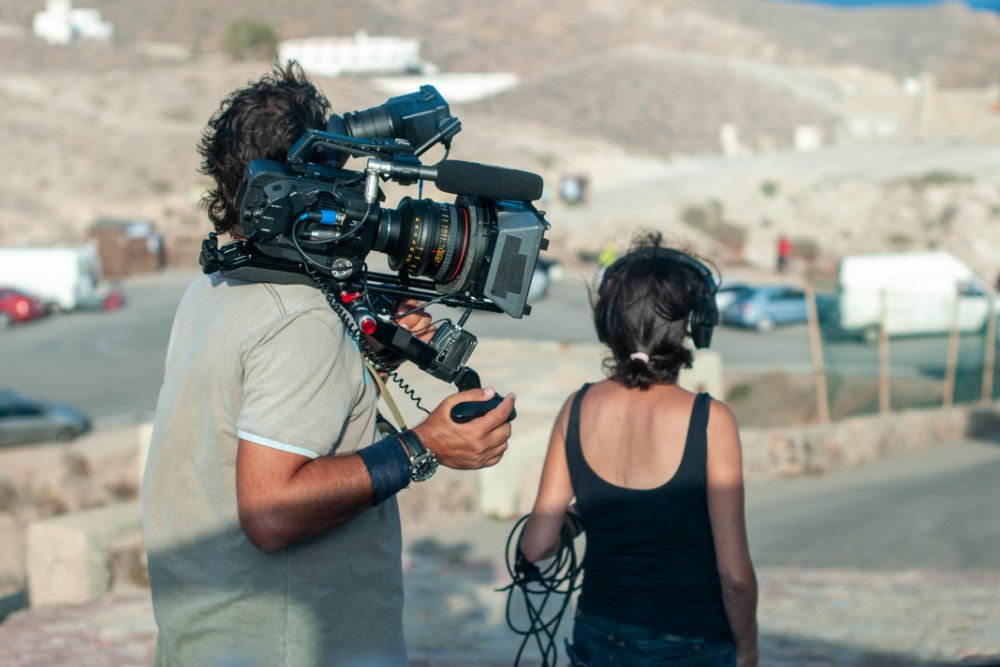Philanthropy's Fight Against Fake News Is Just Getting Underway
/keport/shutterstock
"Fake news" received a lot of attention after last fall's election. And in the early months of 2017, we reported on several grants and initiatives aimed at curbing the spread of misinformation online. Funders aren't just interested in stemming the tide of viral sensationalism and fake news, they also see an opportunity to test new media strategies and rebuild the public’s trust in journalism.
The most notable development on this front came in early April, when a group of tech industry leaders, academic institutions and nonprofits launched a $14 million fund to support the News Integrity Initiative, a global consortium focused on "helping people make informed judgments about the news they read and share online." The initiative is administered by the CUNY Graduate School of Journalism, and the funders include Facebook, the Craig Newmark Philanthropic Fund, Ford Foundation, Democracy Fund, John S. and James L. Knight Foundation, the Tow Foundation, AppNexus, Mozilla and Betaworks.
Related:
- What's the Solution? A Cross-Sector Initiative Targets Fake News
- Standing Up for the "Good Guys." A Deep-Pocketed Foe of Fake News Gives Again
If you've ever scaled up a new nonprofit initiative, especially one with multiple partners, you know that these things take time. There's a lag between grant announcements and when checks actually get cut, people are hired, and things start to happen. In other words, philanthropy's fight against fake news is just getting underway. And there are still many questions about how this work will play out—and how effective it may ultimately be.
The Knight Foundation is among the most important players in this emerging area, drawing on its strengths as a grantmaker that's long worked at the nexus of news and technology, and which likes to beat the bushes for new ideas.
Related: The Futurist: Alberto Ibargüen and the Remaking of the Knight Foundation
Back in March, Knight sent out a call for projects to support through its Prototype Fund. The RFP asked for ways to improve the flow of accurate information—and dam the stream of misinformation. Pierre Omidyar’s Democracy Fund and the Rita Allen Foundation partnered with Knight on the program. As is customary with Knight’s Prototype Fund, grants of around $50,000 apiece will let recipients experiment and try out new ideas.
While Knight’s appeal didn’t mention the president by name, the intention with this round of grants is to confront Trump-era fake news by tackling anything from hyper-partisanship to news distribution algorithms. The point, here, isn’t to fund methods guaranteed to work—since nobody is really sure what might work to keep misinformation from spreading virally. Instead, this is an example of philanthropy stepping into its oft-lauded role as risk capital.
Related: Wanted: New Ideas to Fight the Spread of Misinformation
Last month, Knight announced which projects it’ll fund and the list is unsurprisingly eclectic. Universities make up one set of recipients. From the conservatively titled “Putting Civic Online Reasoning in Civics Class” program at Stanford to the University of Washington’s “Calling Bullshit in the Age of Fake News,” several of these projects look at ways to help students (and teachers) better recognize misinformation and reduce sources of bias in their online research.
Meanwhile, projects from Vanderbilt and the University of California, Santa Cruz take a design approach, focusing on making accurate news more stimulating or virally appetizing.
Media organizations like KQED and PBS Newshour are developing tools to help specific constituencies, like young people or journalists, engage with more accurate sources of information and track the misinformation problem on social media. Other tools identify original sources, track the activity of internet bots, and even identify fake news sources in the hope that advertisers will boycott them.
There are also public engagement programs from the likes of Univision and the American Library Association, as well as attempts to analyze social media interactions and story structure to prioritize higher-quality content.
It’s no surprise that tech is a big factor, here. But the grants complement the digital focus with another Knight priority: good old-fashioned journalistic ethics. For the Knight Foundation, that means keeping accuracy and a search for the truth up front, but it also means expanding the diversity of American newsrooms, or supporting nonprofit news through programs like its Knight News Match.
As we've reported, there's been a “Trump bump” for nonprofit news, lately, as existing donors like Knight and Omidyar do more, and as some newcomers arrive in the space, like Craig Newmark, the Barr Foundation, the Heising-Simons Foundation and Rob Glaser. It will be interesting to see what, exactly, all this new funding yields.
Related:
- Inside the Knight Foundation's Push to Give Nonprofit Journalism a Boost at a Critical Moment
- We Knew Trump Was Good For Nonprofit Journalism, But This Is Getting Ridiculous
- Sick of Online Hate? So Is This Billionaire Philanthropist
- It's Official: Donald Trump is the Best Thing That's Ever Happened to Nonprofit Journalism







































